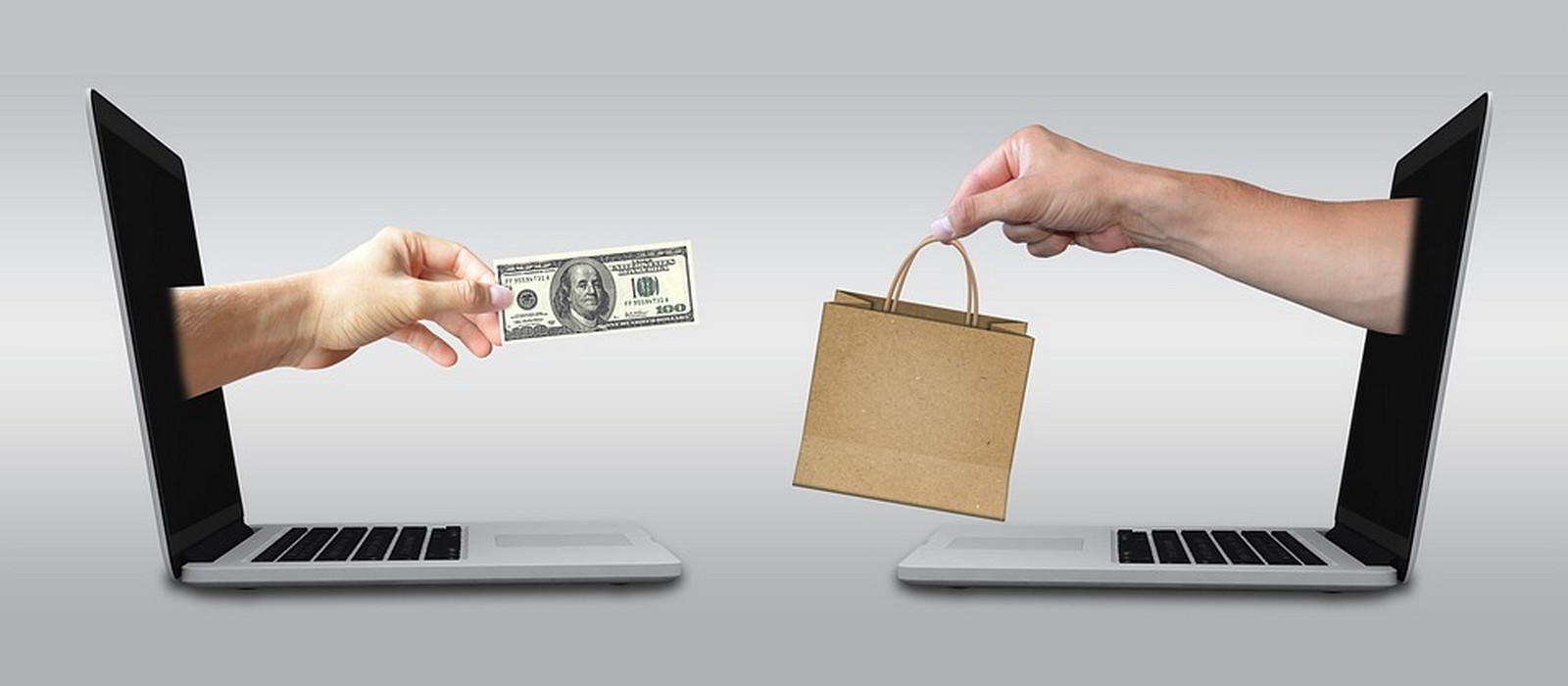
Supreme Court Ruling Gives States Power to Charge Sales Tax on Internet Purchases
The Supreme Court ruled yesterday that internet retailers can be required to collect sales taxes even in states where they have no physical presence. The decision came in the case of South Dakota v. Wayfair Inc. This Supreme Court sales tax ruling overturns a 1992 decision that said the Constitution bars states from requiring businesses to collect sales tax unless they have a substantial connection to the state.
The highest U.S. court made the decision after South Dakota in 2016 filed a lawsuit against major pure-play online retailers Wayfair, Overstock.com and Newegg regarding state tax collection.
One piece of intriguing evidence presented was that less than 2% of Americans had internet access in 1992, compared to about 89% today.
What Does This Ruling Mean
The new ruling is good news for brick-and-mortar businesses that were at a disadvantage by having to charge sales taxes while their online competitors weren’t required to do so. It’s also good news for states that will now receive tens of billions of dollars in annual revenue from taxes they will eventually charge, thanks to this decision.
South Dakota would be able to begin collecting sales tax on online purchases in 30 to 90 days. Other states will surely follow suit. Several states have passed laws similar to South Dakota’s, anticipating a ruling on their favor. All but five states — Alaska, Delaware, Montana, New Hampshire, and Oregon — impose sales taxes.
But what does it mean for you? Most likely you will have to pay taxes on many of your online purchases. If you reside in one of the 45 states that have a sales tax, you should expect for those tax free online purchases to disappear soon. For years, shoppers have been able to evade taxes by shopping with certain online retailers, or even shipping to a different state where they might have relatives or another residence.
Some smaller online sellers could be exempt from this new rule.
Conclusion
The ruling does make sense with the huge and growing popularity of online shopping. It gives states the power to charge tax to online retailers. Amazon was one retailer that was already collecting sales tax in states that required it. We should see the effect of it soon, once we see tax added to our totals on online purchases. We could also see other retailers going to court again over this, so it might not be the last time we hear about it.
What do you think of the ruling?
Lower Spend - Chase Ink Business Preferred® 100K!


Learn more about this card and its features!
Opinions, reviews, analyses & recommendations are the author’s alone, and have not been reviewed, endorsed or approved by any of these entities.



So sad that the states have been given a new way to rob their residents. Justice Kennedy does it again. A vote for big government.
Your analysis is in part not correct imo. In at least some states, they charge a sales and USE tax. Many people forget about the use portion. In such states, you were always required to pay the sales tax because you were using the merchandise in the your state. It is just that previously out of state merchants were not required to collect sales tax unless they had a nexus with that state(i.e. a warehouse, in state employees ,etc). These states even have a line item on the tax forms for individuals to report sales tax due on items that were purchased but no sales tax was collected by the merchant. As a practical matter, it was nearly impossible for states to enforce it because individuals have no obligation to keep receipts. On the other hand, states do audit businesses for unpaid sales tax because businesses are required to keep receipts in order to document deductions. I remember North Carolina one time tried to go after Amazon to give up their records to in order go after NC residents who weren’t paying sales tax on their purchases.
So the real effect of this ruling is that all merchants are now required to collect and remit the sales tax to states regardless of nexus considerations. This ruling makes it much easier for states to enforce sales taxes because these merchants have to keep records and there are far fewer merchants to audit than individuals.
This ruling coming so long after the original Quill decision primarily benefits large online retailers and of course states who have been losing sales tax revenue. Most big online stores already are charging sales tax because of their now widespread operations creating nexus in so many states. Plus, their size allows them to better absorb the overhead of collecting and remitting sales tax from so many jurisdictions. Smaller e-tailers are the primary losers.
The ruling actually doesn’t require merchants to collect tax. It paves the way for states to pass laws that require merchants to collect. Since that will be a huge burden on small business, I expect Congress will pass some sort of legislation to provide standards to help facilitate this. Most likely you will see large marketplaces (eBay, Amazon) be required to collect for their sellers. Or at least let’s hope it happens that way.
That is true. I misspoke in saying the ruling requires them to collect sales tax although let’s face it most states will quickly adopt rules requiring it. However, my point stands that people should not focus just on the sales tax part of the equation because it makes it sound like people are being taxed now on something they did not have to pay tax on before at least in any state that has a sales and use tax. Everyone just got away with not paying because there was no practical way to enforce it.
so, once again, the consumers will be footing the bill and the gov. using the more they take the more they waste system.